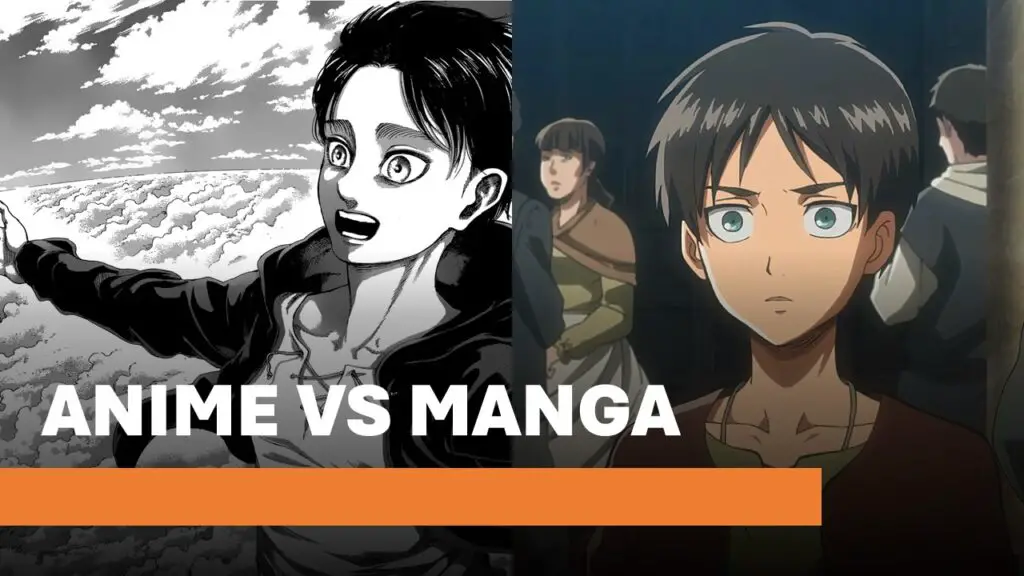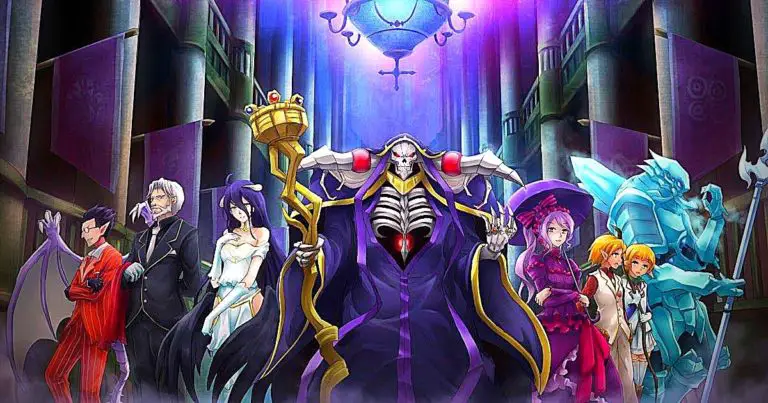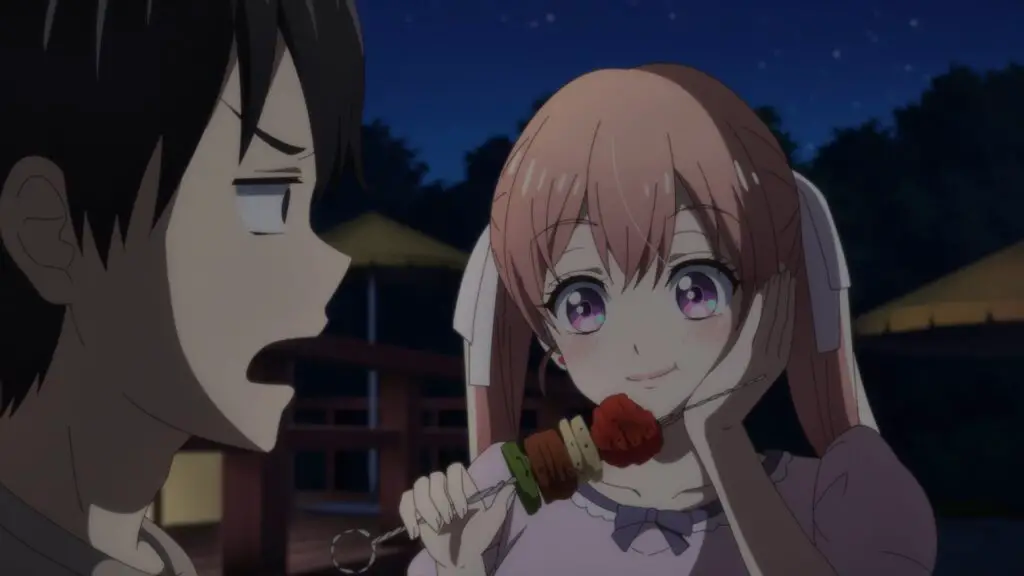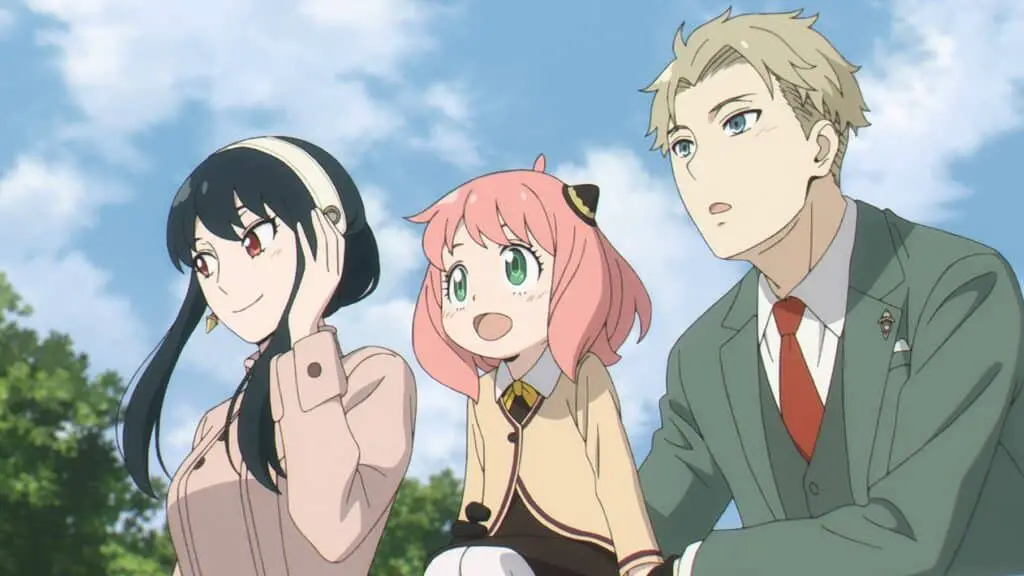
The world of anime and manga is a treasure trove of captivating stories and beloved characters that have captured the hearts of fans worldwide. As these stories are brought to life, they undergo a fascinating adaptation into anime and manga formats. In this anime vs manga comparison, we delve into the world of adaptations, exploring each version’s unique strengths and weaknesses.
Strengths of Anime Adaptations
Anime adaptations excel in visual storytelling, bringing vibrant worlds and dynamic characters to life. With animation from crazy studios like Ufotable, Wit Studios, MAPPA etc., action sequences, and voice acting, anime creates an immersive experience that captures the essence of the original manga.
Using soundtracks and voiceovers adds emotional depth, intensifying the impact of pivotal moments. Even with knowledge of the manga, some fans are left breathless and at the edge of their seats during certain scenes (like me with AOT or Demon Slayer).
In addition, anime allows for creative liberties, enhancing certain scenes or expanding on character interactions, keeping fans eagerly anticipating each episode. (That Toji stretch in JJK Season 2 Episode 4)
Strengths of Manga Adaptations
Manga adaptations, on the other hand, shine as a medium of artistic expression and storytelling prowess. The black-and-white illustrations, detailed artwork, and panel layouts allow readers to immerse themselves in the story at their own pace.
Manga offers the advantage of presenting internal monologues and character thoughts more seamlessly, providing a deeper understanding of their emotions and motives. The ability to revisit past chapters and enjoy side stories enhances the reader’s connection with the characters and the narrative.
Weaknesses of Anime Adaptations
One challenge anime adaptations face is the constraint of time. Certain story elements or character growth may be condensed or omitted to fit within a specific episode count, leaving fans craving more depth. Moreover, production schedules can lead to inconsistencies in animation quality, impacting the overall visual experience.
Additionally, anime may face the issue of deviating from the original manga’s plot, causing fans to express disappointment or frustration with the changes.
Weaknesses of Manga Adaptations
While manga allows for a more detailed narrative, it can lack the immersive elements of animation and voice acting. The absence of colour and motion may lead to a less intense emotional impact than anime adaptations.
That’s not to say that mangas don’t give strong emotions to the readers, just that things are more hyped with the additions that come with anime. Additionally, some readers may find it challenging to visualise action sequences or comprehend complex plot growth from static illustrations alone.
In the duel of adaptations, anime and manga offer unique strengths and weaknesses that cater to different preferences. Anime enthrals with its visual spectacle and emotional resonance. At the same time, manga captivates with its artistic expression and in-depth storytelling.
It becomes evident that fans are often torn between the allure of manga and the charm of anime. The dynamic visual storytelling and immersive experience of anime draw many enthusiasts, while others find solace in manga’s intricate artwork and narrative depth.
The decision between the two often concerns personal preferences and the desire for a specific immersive experience. In the end, both adaptations serve as gateways to an enchanting world of imagination, inviting fans to embark on unforgettable journeys with their favourite characters.
Join the conversation now! In the comments below, share your thoughts and preferences on anime and manga adaptations. Are you #TeamAnime or #TeamManga? We’d love to hear about your favourite adaptations, characters, and the moments that left you speechless. Don’t miss the chance to connect with fellow anime and manga enthusiasts.



